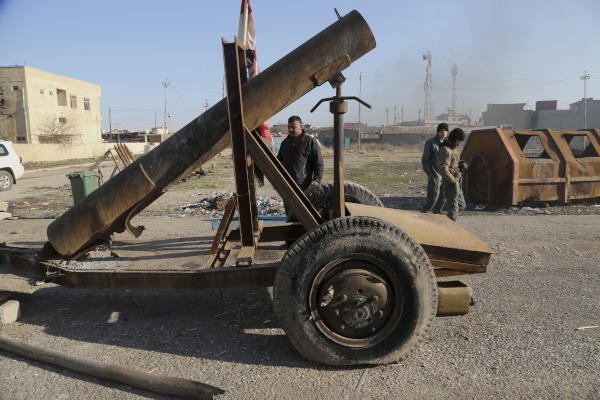Geneva- A renewed assault on ISIS in the Iraqi city of Mosul could force 250,000 civilians to flee, if they can find a way out, the U.N. refugee agency UNHCR warned on Friday.
UNHCR and other organizations are urgently preparing to respond “to a potential significant new flight of displaced Iraqis escaping the latest phase in the military offensive in western Mosul,” UNHCR spokesman Matthew Saltmarsh told reporters.
According to Agence France Presse, he said that as many as a quarter million more people could be displaced as fighting escalates in the west of the city, where an estimated 750,000 civilians are living.
“A significant population is trapped in western Mosul and we are of course extremely concerned about their welfare,” he said.
That would be in addition to the more than 161,000 who have fled since the October 17 start of a massive offensive against ISIS, although nearly 30,000 have returned home since soldiers recently won the east of the city.
The three months it took to reconquer Mosul’s east saw some tough fighting, but even deadlier battles are expected on its west bank, home to the narrow streets of the Old City and some of ISIS’ traditional redoubts.
Saltmarsh said most of those already displaced from Mosul, 83 percent, are living in camps and emergency sites.
The UNHCR currently has seven camps completed and two under construction, and is at the moment able to provide shelter to around 66,000 people.
Saltmarsh said the agency aimed to nearly double the accommodation available in the near term, but was waiting for land to be allocated.
By the end of March, the UNHCR hopes to be able to house 246,930 people in camps and emergency sites, he said.
